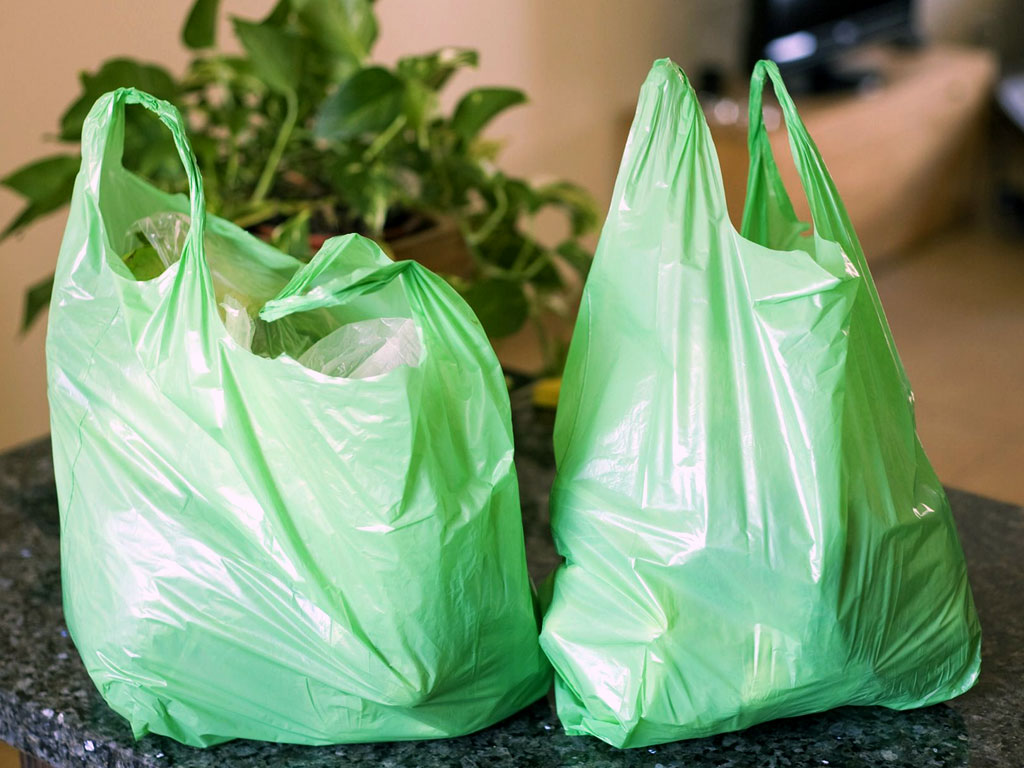Phasing out plastic bags

There are no two opinions on that this country needs to get rid of the ubiquitous polythene bags and other single-use plastic products, causing harm to human health and the environment. The Gilgit-Baltistan government took the first step in that direction, followed by the Islamabad Capital Territory. Last month, the Sindh government invoked the Sindh Prohibition of Non-Degradable Plastic Production Products Rules, 2014, and the Sindh Environment Protection Act, 2014, to ban the sale, purchase or use of plastic bags in the province. Meanwhile, a full bench of the Lahore High Court (LHC) has been hearing public interest petitions calling for outlawing in Punjab plastic bags as well as other single-use plastic products, such as cups, spoons, plates, food trays and straws.
Much desirable as that goal is, attaining it is no easy task. As a report appearing in this paper the other day, found that despite the ban in the capital city, polythene bags of the prohibited quality marked as biodegradable were seen all over the markets in Islamabad and Rawalpindi. An official of the Federal Ministry of Climate Change though claimed that the ministry's inspection team had managed to achieve over 95 percent compliance with the ban, and that there might be a few incidents of violation in the suburban areas. Even so, the report underscores the need for constant vigilance and monitoring. Punjab seems to be taking a more cautious approach. Representing the provincial government, the chief secretary submitted the draft of a proposed law before the LHC bench, which says production of polythene bags below the minimum standard would be banned after six months of the enactment of the law, and the sale after 12 months. Only bags having minimum thickness of 50 microns are to be allowed. This is to ensure the manufacturers do not go out of business, and workers out of jobs. Since production of such bags is more costly, it also means the consumers will have to purchase them and hence make sparing use of them, leading to a considerable reduction in plastic litter.
That though is not a satisfactory solution. The government must also look for greener alternatives, such as making biodegradable shopping bags from plants, an option successfully utilised by Kenya. A better way forward, as suggested by the LHC bench while disposing of the citizens' petitions, is to include relevant experts in a consultation process with the stakeholders. All the more so because at issue are not just the shopping bags but also closed-cell extruded polystyrene foam and other plastic products. Earlier this month, the Aviation Division asked all international airlines to stop using plastic cutlery on Pakistan-bound flights, which is an admirable environment-friendly move. By the same token, the government should try and conform to that standard within this country as well.






















Comments
Comments are closed.